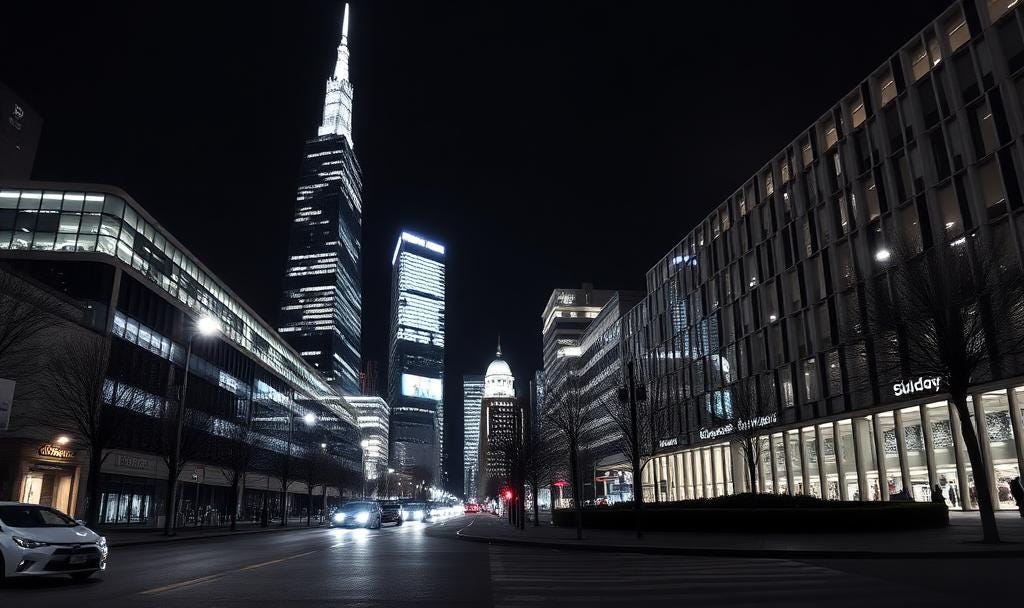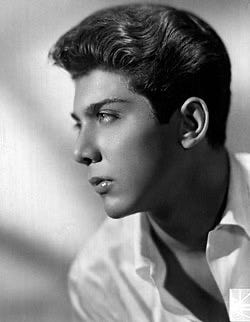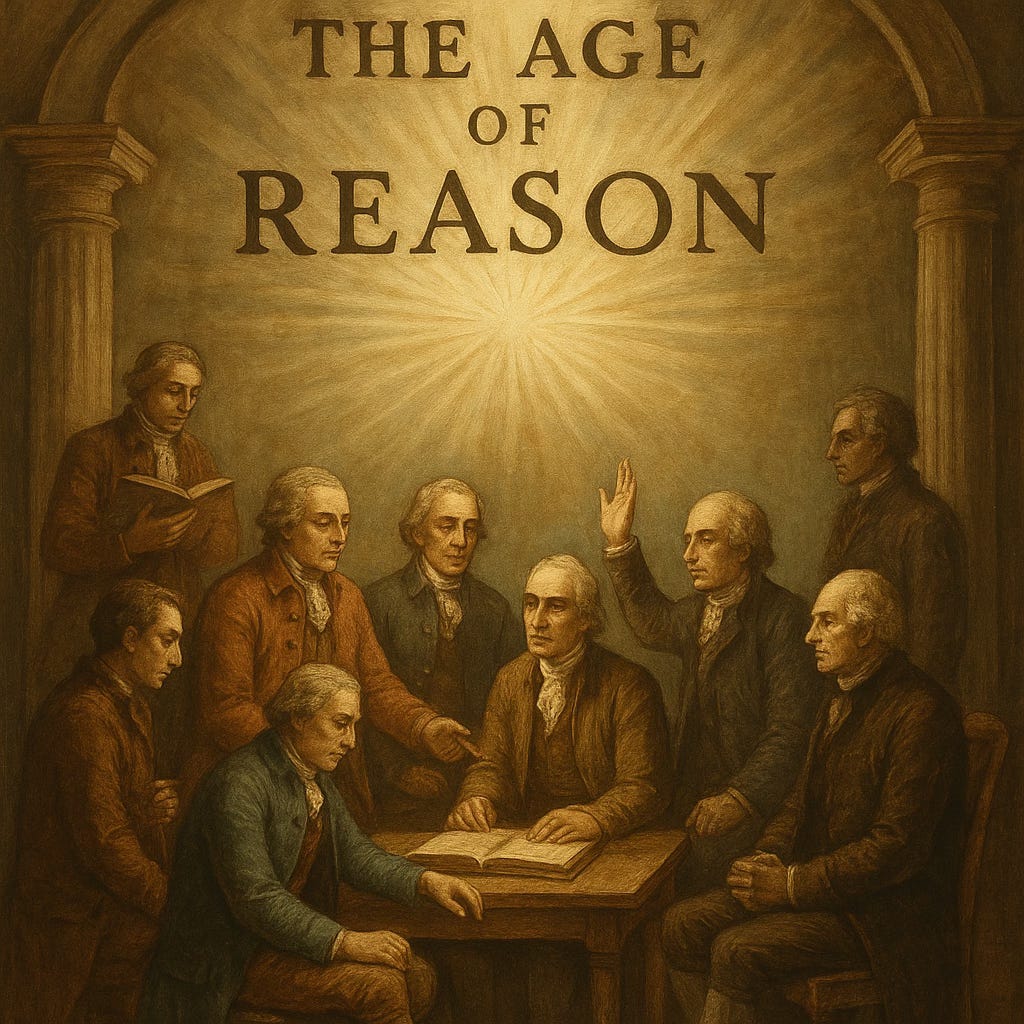When I was a child, I recall asking my mother when the idea of the Hit Parade of popular songs started. The radio was on and we were hearing what was in the Top Ten. This was so long ago that there were valves in the radio and we probably called it a Wireless. No.1 was probably sung by Paul Anka:
She confessed that she had no idea. I had a habit of annoying my parents with questions that they could not answer, and eventually gave up asking.
As far as I could make out, there had been a time called The Olden Days, when my parents were young, Robin Hood and his Merry Men were in Sherwood Forest, and dinosaurs walked the earth. Then the time I was growing up in had happened, when exciting discoveries had changed everything. This was The Modern World!
But how had we got from The Olden Days to this exciting new world?
Although I grew up in modest circumstances in London, I felt privileged, because I was aware that many people in other parts of the world were much worse off than we were. They still seemed to be living in The Olden Days without electric lights, tap water and flush toilets.
From the age of ten, I immersed myself in science, and forgot about the question of what Modernity is, because I was too busy trying to develop the skills to contribute to its future. I only returned to wondering how it really works when I was at University, and switching from studying to be a Theoretical Physicist to studying Theology & Philosophy in 1970.
According to my philosophy teachers, there was The Age of Reason, which broke out in late 17th century Europe, peaking in the 1760s-1790s and characterised by the invention of modern industry and a shift away from medieval unquestioning religious authority to rational, scientific thinking and the foundation of modern republican states, exemplified by the United States of America and France.
The pursuit of knowledge, freedom and happiness, were now the goals of enlightened humanity, instead of us wallowing in ignorance and superstition, as our benighted ancestors, and many ill-educated contemporary people were.
I didn’t find this narrative very convincing. It seemed rather too neat and self-congratulatory.
Was it really plausible to believe that suddenly, a particular group of pale-skinned men in 17th-18th century Northern Europe and North America were capable of rationally organising their affairs when all our ancestors, and their contemporaries elsewhere in the world at the same time, couldn’t manage to do this?
Something had definitely changed, but what was it? Are modern people psychologically different – if so, how did that come about? If not, what was really going on?
I call this question The Mystery of Modernity.
My next few posts will explore this, applying the Key Concepts I described here. Don’t worry too much about these – they will become much clearer as we apply them to understanding our experience of the world and how it differs from that of our ancestors and people living outside Modernity.
Stay tuned for the next exciting episode of The Mystery of Modernity….




